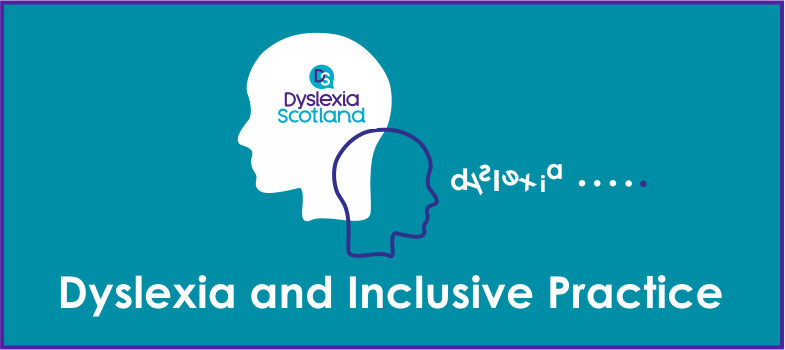2.2.1 Assessment arrangements
Arrangements for assessment should ensure that all children and young people have an equal opportunity to show what they can achieve. Pre-school establishments, schools and colleges are required to identify and deliver ‘reasonable adjustments’ to assessment approaches for disabled children and young people and those with additional support needs, for example, by using assistive technologies. Since assessment is integral to learning and teaching, approaches used to help in assessing an individual child’s or young person’s progress should be consistent, as far as possible, with those used in learning. Practice is most effective where teachers use a range of assessment approaches flexibly to identify strengths, learning needs and appropriate support for vulnerable, disengaged and hard-to-reach learners.
Scottish Qualification Agency Assessment Arrangements.
It is helpful for all staff, irrespective of which sector they are working in to have an understanding of the Scottish Qualification Agency (SQA) Assessment Arrangements. Anxiety about future support and exams can be felt by parents and learners in the primary settings and it is good practice for staff to be able to share up to date and accurate information about what support will be available, particularly during the planning for Primary 7 transition to 1st year in Secondary (P7-S1).
Commonly requested assessment arrangements for dyslexic learners are
Extra time
Digital exams
Reader
Scribe
The key principles which underpin SQA’s policy on assessment arrangements (AAs) are:
- Candidates for whom assessment arrangements are requested or provided should be able to achieve the national standards but be unable to do so through the published assessment procedures. (AAs are about access, candidate still expected to demonstrate the same standard - disability not lack of ability)
- The integrity of the qualification must be maintained (important that user of the certificate is not misled/public confidence in the qualification must be maintained)
Evidence must be provided by the school – the class teachers working with the pupil support/support for learning teacher in order to request assessment arrangements. It is important to note that
- The evidence should clearly demonstrate what the learner can achieve with and without support
- An identification of dyslexia is not required to apply for AA
- The learner should not be asked/made to sit additional curriculum assessments e.g. Nabs or prelims in order to provide the evidence.
Module 3 will provide opportunities to develop further understanding of the SQA AA process and procedures.
2.2 Differentiation
